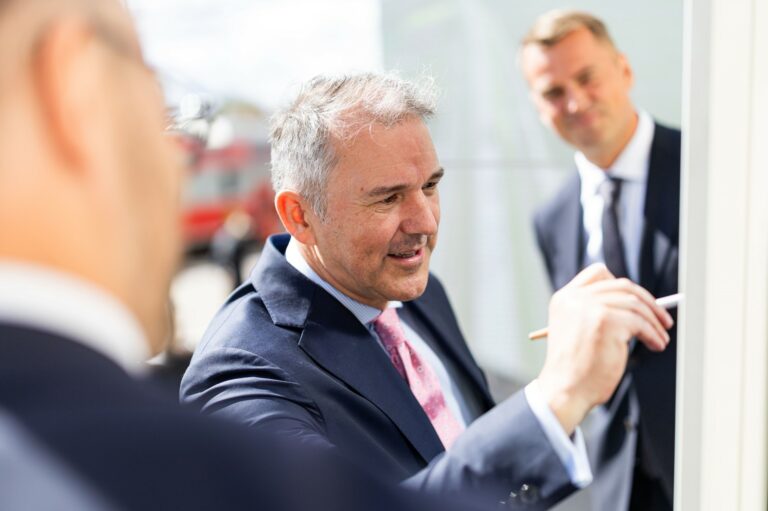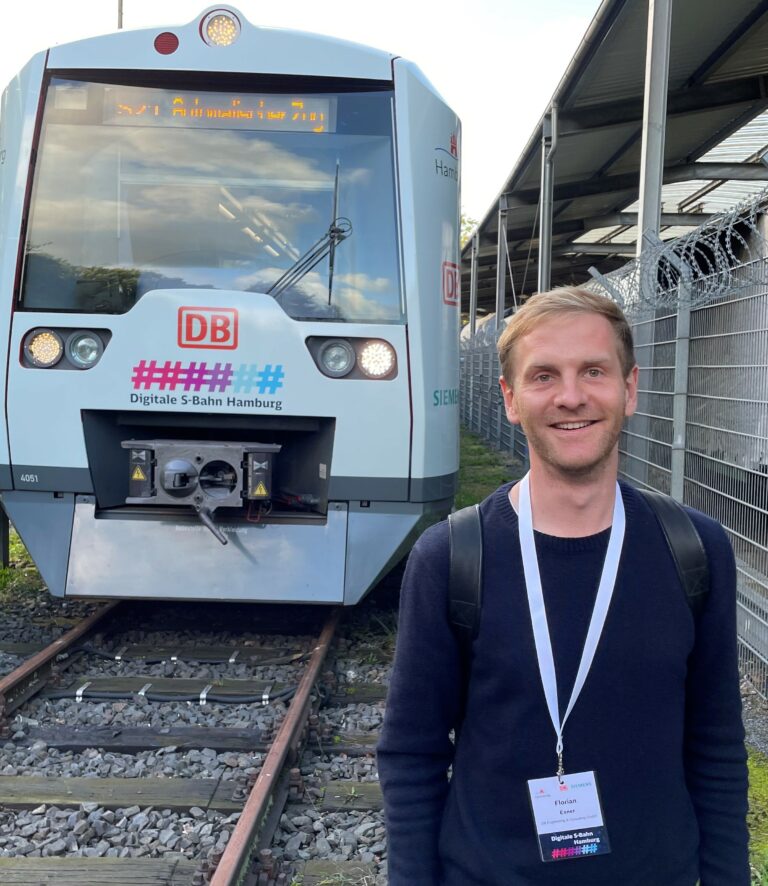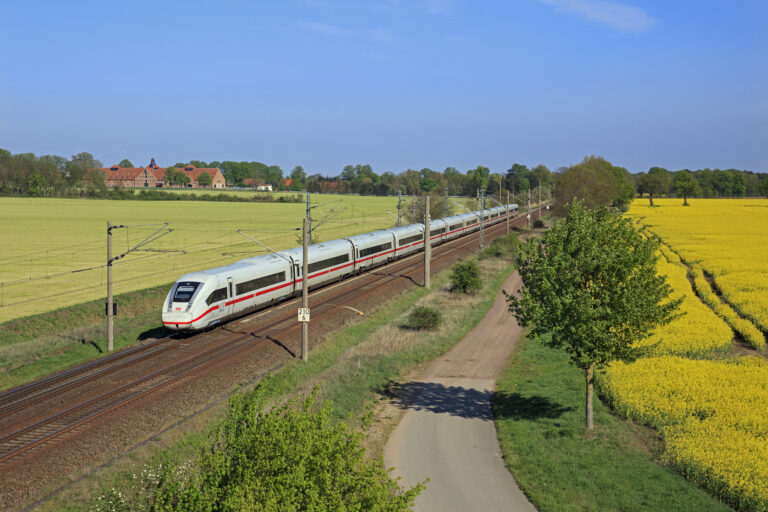Carsten Puls assumed responsibility for cultivating the Latin American market a year ago, in October 2019. It’s time to look back at the past year’s successes and take a look at current projects.
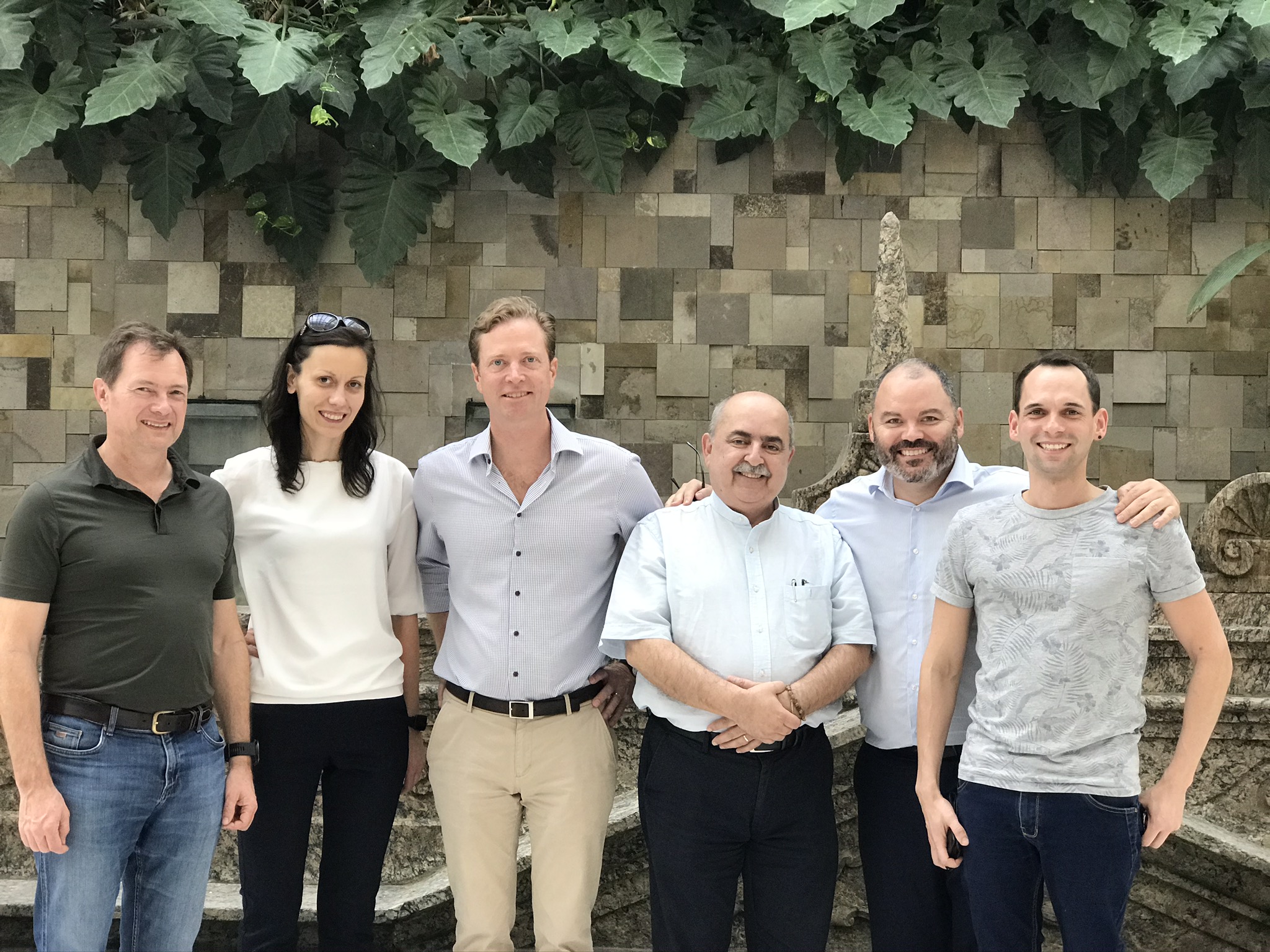
The best way to get to know a market like Latin America and its customers is to visit them. And that’s how Carsten Puls ended up meeting with representatives from UPM, a Finnish pulp producer with a mill in Uruguay, and ANCAP, Uruguay’s state logistics and oil company, in Montevideo right from the start.
He then went to work on important steps to establish local expertise and resources to meet the needs of the market and customers at a strategy workshop in Rio de Janeiro focusing on the product range.
The feeling of unity that quickly emerged, joint visits with customers, and the commitment to achieving a common goal are all factors that have made this development work successful. “This is only possible with team spirit, proximity to the customer, and above-average commitment from all colleagues – whether on site or in Germany,” says Puls. And that’s what helped the company to win its first consulting projects in Mexico and Brazil in Spring 2020 while also establishing branch offices in Mexico, Colombia, Brazil and Uruguay.
Project support in Mexico from Germany
The government of the state of Nuevo León and the Mexican federal government agreed in 2019 to build a new commuter rail line in the Monterrey metropolitan region. With a population of around 4.1 million, Monterrey is Mexico’s second most important city for business. The new rail line aims to strengthen the region’s position even further. Traffic in the city is largely motorized, and congested roads and traffic jams are the norm. The government hopes to significantly improve local public transport with the new 62 kilometer rail line. The route will use existing tracks and will connect the suburb of García to Monterrey and onward to the international airport, which is located northeast of the city. Freight trains operated by a Mexican subsidiary of the Kansas City Southern railroad currently use part of the planned route. This will be the first line in Mexico used for both passenger and freight transport.
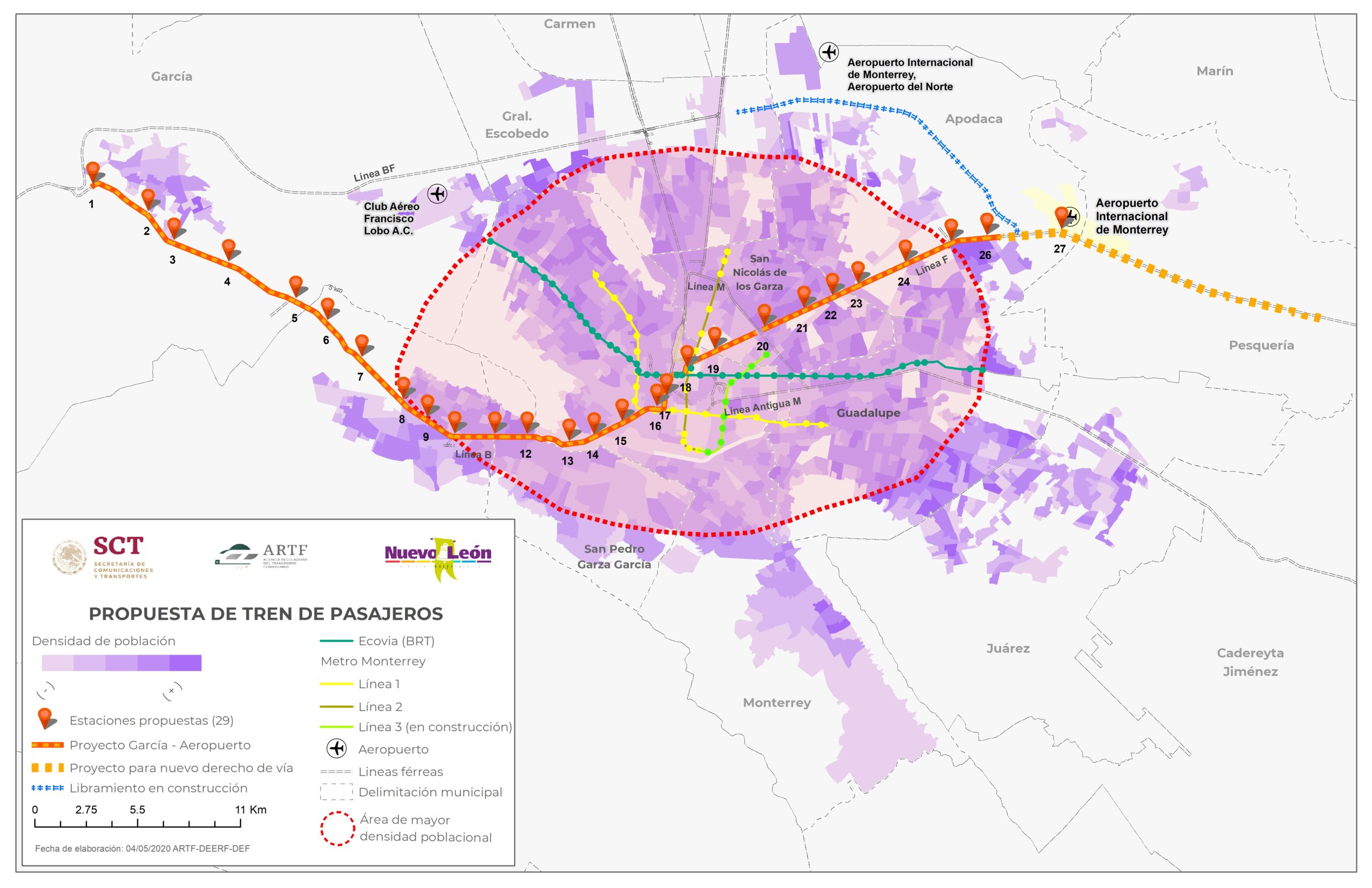
DB Engineering & Consulting will play an important role in this flagship project as a shadow operator. It will use its years of extensive rail expertise to help fast track implementation. An interdisciplinary team has been working on the project since April 2020 with the help of several departments from the head office and German regions. They created an operating and maintenance concept, a concept for the vehicles needed, fares and organizational changes, and RAMS, and they recorded detailed information about engineering structures, permanent way measures and stations to be able to gauge the amount of investment that will be needed. The company reached its biggest milestone when it handed over the concepts and a detailed cost estimate in July: bringing high quality consulting services and products to the Mexican market.
PowerShift feasibility study in Brazil
The Brazilian company Vale S.A. is one of the world’s largest mining companies, producing 270 million metric tons of iron ore in 2019. Vale is conscious of its role in society and understands the importance of sustainable operations that are as green as possible. It has therefore decided to initiate a move in a new direction by introducing carbon-neutral operations. The multinational company sees this “PowerShift” as an opportunity for the entire sector to reduce diesel consumption. Vale’s goal is to phase out fossil fuels in all of its operations by 2050.
DB Engineering & Consulting in Brazil, in collaboration with our team of specialists in Australia, has been helping Vale since May 2020 with a feasibility study on alternative power supply for trains on its two 900 kilometer routes. The corridors are highly efficient high-traffic routes between the Carajás mine in the Amazon and the port in São Luis, and from mines in Minas Gerais to the Atlantic port in Vitória.
The study will determine the feasibility of using different drive technologies. A simulation model will be created for both lines, allowing different scenarios to be compared, for example electrification using an overhead line compared with battery-powered trains. A market study will gather information on technologies and costs from different suppliers to be able to compare investments and expenses for operations in a business model.
The study will be completed by the end of 2020 to help Vale achieve its ambitious environmental objectives.
Contact
DB Engineering & Consulting
EUREF-Campus 14
10829 Berlin
Germany
